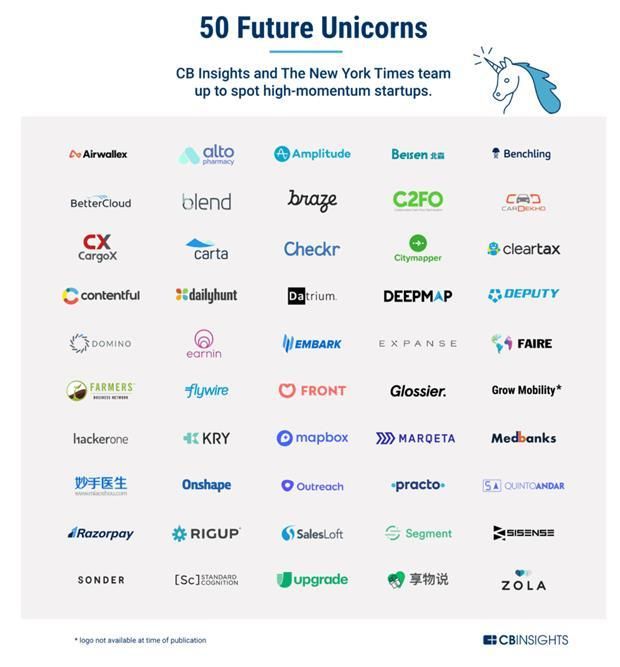
Which Prop Trading Firm Gives the Best Funding for Part-Time Traders?
You know that moment when you’re sipping coffee before work, scrolling through charts, and thinking: “If I had more capital, I could make this trade count.” That’s the exact itch prop trading firms were designed to scratch. For part-time traders, the right firm isn’t just about bigger funding — it’s about flexibility, tools, and a system that lets you play the market without treating it like a second full-time job. So let’s cut through the noise and talk about which firms really give part-time traders the upper hand.
The Reality of Part-Time Trading
Most part-time traders work around other commitments — a main job, family, maybe even school. You can’t be glued to multiple screens all day, so execution speed, good risk controls, and funding terms matter more than office perks or bonuses. The sweet spot is a firm that gives you access to serious capital while not penalizing you for not trading every single session.
Prop trading changes the game because you’re not risking your own savings the same way retail traders do. You’re using the firm’s money, splitting profits, and leveraging professional-grade infrastructure. The catch? Every firm has different rules, payout percentages, and evaluation challenges — so picking the right one matters.
Key Traits That Make a Firm Ideal for Part-Timers
Flexible Trading Hours
A firm that allows swing trading, position trading, or intraday setups without forcing you into strict time windows is gold. Take FTMO or The Funded Trader — they don’t expect you to be scalping for eight hours straight. That’s perfect for someone who can only check markets during a lunch break or after dinner.
Asset Variety
If you have a knack for forex but also dabble in crypto or commodities, choose a firm that offers multi-asset access. Being able to shift from EUR/USD to gold or even Bitcoin means you can adapt to market opportunities in real life, not just in theory. Firms like MyForexFunds and E8 Funding give wide coverage — forex, indices, stocks, crypto, options, and metals — so you’re never stuck staring at a dead pair.
Fair Evaluation and Scaling Plans
Part-time traders don’t need high-pressure evaluation periods where missing one trade day means failure. Look for programs with realistic targets, reasonable drawdown rules, and scaling models that reward consistency over months, not just explosive short-term wins. A scaling plan might take you from $25k to $100k after several profitable cycles — ideal for building capital without burning out.
Why Funding Terms Trump Everything
Even if a firm offers great charts and tools, their funding terms can make or break your profitability. High payout ratios (80–90% of profits) mean you keep more money in your pocket. Low fees for trials and reasonable reset costs protect you from starting over expensively if you hit a rough patch. And some firms allow direct funding without a challenge — rare, but a massive time saver for experienced traders.
Prop Trading in the Bigger Picture
Financial markets are evolving fast. Decentralized finance (DeFi) is letting traders operate without traditional middlemen, but it comes with liquidity risks, volatility spikes, and smart contract bugs. On the other hand, AI-driven trading is starting to seep into prop firms — algorithms that track market sentiment, adaptive stop-loss systems, and automated portfolio balancing could make part-time trading even more efficient.
It’s likely that in the next five years, hybrid models combining prop funding with DeFi protocols will emerge, giving traders instant capital deployment across multiple exchanges, all from one dashboard. That means part-time traders could execute forex trades in London’s market hours and crypto trades in Asia’s — without needing different accounts or brokers.
A Few Practical Tips for Part-Timers
- Have your core strategy nailed down before joining. Prop capital magnifies both profits and mistakes.
- Use calendar alerts for key market events — earnings calls, CPI releases, FOMC meetings — so you can plan trades around your actual availability.
- Track your performance weekly, not daily. It’s less stressful and gives a clearer view of long-term consistency.
- Don’t ignore risk rules — breaches often carry harsher penalties at prop firms than in personal accounts.
Bottom Line
The best funding for part-time traders isn’t just about the size of the account; it’s about flexibility in hours, asset types, realistic evaluations, and cutting-edge tools. Firms like FTMO, The Funded Trader, and E8 Funding strike a balance between generous funding and manageable rules — making them worth serious consideration if you’re juggling trading with other commitments.
Slogan: Trade Your Hours, Fund Your Freedom.
If you’re smart about matching a prop firm’s structure to your lifestyle, the capital will follow — and so will the profits.
If you want, I can also make you a short comparison table of the top prop firms for part-time traders so this could read like a complete review page. That would make it even more engaging and conversion-friendly. Do you want me to add that?
